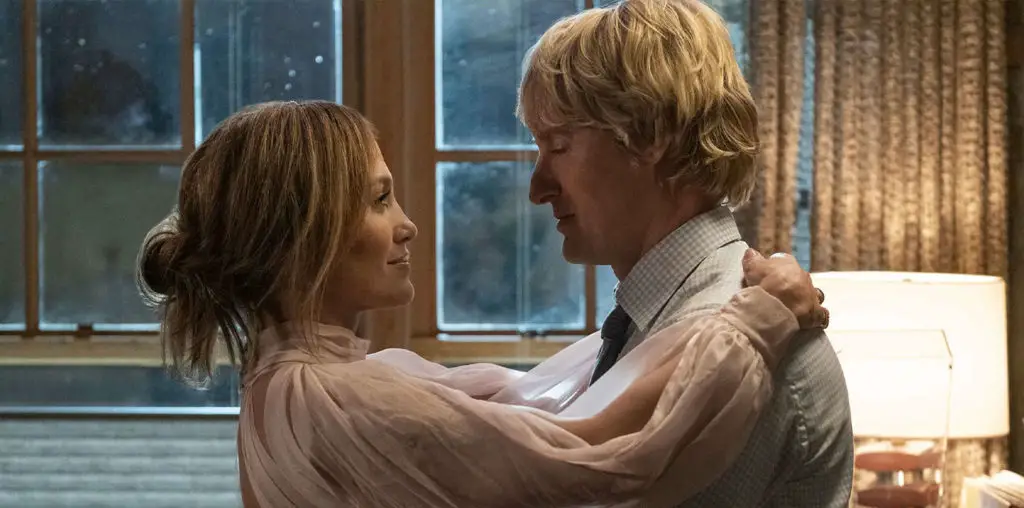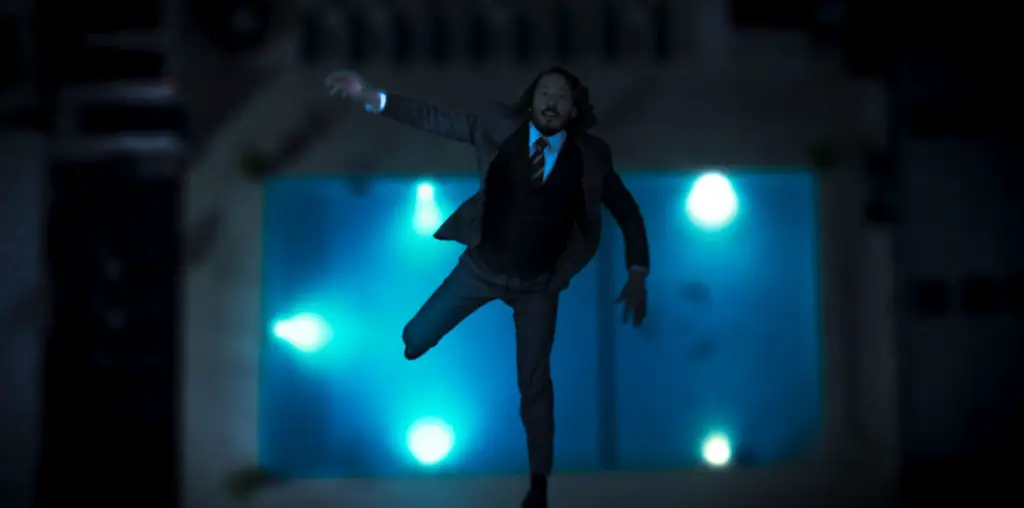
Free For All is a political documentary by John Wellington Ennis, who does his best to come across as a thinner and better looking Michael Moore. He is perhaps a little bit less biased towards the left than Moore is, and he is also (as he keeps reminding us) “just a guy”. Over the course of this film, he raises some good points, asks some important questions, and does what so many of use really need to do more often: he gets up off of his couch and does what he can to make a difference.
Ennis, a resident of Los Angeles, is frustrated and pissed off about the United States presidential election scandals in 2000 and 2004. One of the main issues at hand seems to be a corrupt secretary of state from Ohio named Kenneth Blackwell, who was also George Bush’s campaign chair in 2004. Under Blackwell’s watch, thousands of Ohio votes were not counted, and thousands of black voters were denied their right to vote. The exact same thing had happened in Florida in 2000, when George Bush’s campaign chair that year (a Florida politician) was also a person who oversaw a dodgy vote count and enabled the disenfranchisement of black voters.
Ennis comes to realize the pivotal importance of the state of Ohio in the election process. In 2006, Kenneth Blackwell was running for governor of Ohio, so Ennis headed to the midwest to try to understand what went wrong in the previous national elections, and to see if the Ohio gubernatorial election would be conducted fairly. As the evidence piles up, it does seems as though Kenneth Blackwell is a corrupt dirtbag. Ennis goes on to expose hacked voting machines, teams hired to intimidate or misinform selected potential voters, lack of public oversight, biased officials, and illegally blocked voter registration… for starters.
Ennis makes the analogy – to some football fans whom he is interviewing – that the opposing team’s coach is also the referee of the game. Is that a conflict of interest? Certainly it is. There are also plenty of interviews with journalists more experienced than Ennis, particularly BBC reporter Greg Palast, who is allowed to speak eloquently, passionately, convincingly, and uninterrupted for a few relatively long stretches.
Adding another layer to the show, Ennis pulls a Fox Mulder on us and goes on a search for “The Truth”. No one is really able to define the word for him, let alone tell him where to find it. He eventually encounters Ian Inaba, who had made an award-winning film covering a lot of the same material as Free For All. At this point the documentary changes focus, and becomes less about the corruption in the voting process and more about what “just a guy” can do about it. The two film-makers join forces to create Video the Vote. This is a plan for all of us who are “just a guy” to take direct action and to make sure there are no more shenanigans in our election process. Video the Vote entails bringing cameras to polling places and interviewing people immediately and directly as they exit the building. All reports of suspect activity on the part of the government are to be uploaded to a central video server where they can be broadcast well before the election day is even over.
The project is a success, capturing the same-old-same-old corrupt activity, and possibly nipping it in the bud in time for the Ohio election of 2006 to be run relatively fairly. As a result, election reforms are put into place by the new governor (Blackwell was defeated). So, this film does what few documentaries are able to do: after spending an hour outlining a problem, it spends another thirty minutes telling viewers exactly what they can do to help. This sort of content, the sort that helps people to be proactive, is rare but necessary.
If I were to nitpick the movie, I might question why the hapless John Ennis seems so fond of freely admitting to his ignorance on many topics. He may have been joking when he gleefully states “I didn’t even know how to find Ohio on a map!”, but he is also unaware of what time zone he is in, and also plainly states “I don’t know a thing about Ohio politics”. Michael Moore can make it seem poignant when he strides into some important person’s office, is sent packing, and then includes the rebukes in the final film. But when Ennis is repeatedly booted out by security guards and secretaries, he just looks pathetic. One can paint their documentary as a personal voyage of discovery, but there is also a certain amount of research and preparation that a documentarian has to do before embarking.
These rough spots ought not deter a person from giving this documentary a spin. Ennis does seem to have learned a lot while on the case, and his eventual actions in setting up Video the Vote ought to be an inspiration to us all. Text at the end of the film encourages us to “share this film”. Recent years have seen some positive momentum towards the American people being proactive in the workings of our government. Free For All is a further step in that direction.


